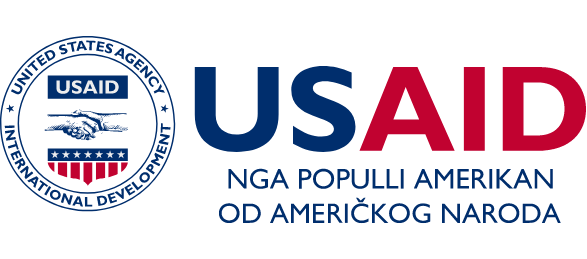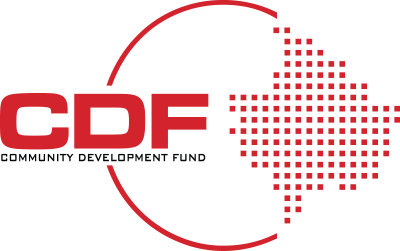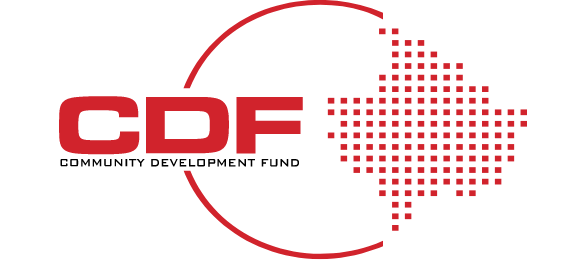Navigating the labyrinth of local and international regulations may seem like an arduous task for Micro, Small, and Medium-sized Enterprises (MSMEs), especially those operating in Kosovo’s dynamic economic landscape. However, what if compliance is not merely a box to check but rather a powerful catalyst for business growth? This comprehensive guide aims to redefine your perception of regulatory compliance, illustrating its potential as a strategic asset for your MSME in Kosovo.
The Symbiosis of Compliance and Business Growth
1. Building Consumer Trust
In a marketplace inundated with choices, trust is a currency that can set your business apart. Ensuring full compliance with quality standards, environmental regulations, and data protection laws elevates your brand’s reputation.
Example: Let’s say you run an organic skincare line in Pristina. Obtaining certifications like ISO 9001 or adhering to EU quality standards can be a strong selling point, boosting consumer trust and consequently, sales.
2. Access to New Markets
Compliance with international standards can pave the way for market expansion, especially for MSMEs eyeing exports or partnerships beyond Kosovo.
Example: A Kosovo-based IT services firm compliant with GDPR regulations is better poised to attract European clientele as opposed to a non-compliant competitor.
3. Risk Mitigation
Adherence to regulations minimizes the risk of legal repercussions, which can not only be costly but can also damage your business reputation.
Example: A restaurant in Gjakova that strictly adheres to food safety regulations is far less likely to face legal issues, thereby avoiding costly penalties and preserving its brand image.
A Strategic Approach to Compliance in Kosovo
1. Regulatory Mapping
The first step in leveraging compliance is understanding the regulatory landscape. In Kosovo, entities such as the Kosovo Business Registration Agency (KBRA) and the Ministry of Trade and Industry provide resources for this.
2. Internal Audits
Conduct regular internal audits to identify compliance gaps and address them proactively.
Example: A fashion boutique in Peja could perform quarterly audits to ensure that employment practices are aligned with Kosovo’s labor laws.
3. Leverage Technology
Utilize compliance management systems to keep track of regulatory changes, due dates for renewals, and internal policies.
Example: An e-commerce startup in Kosovo could use a compliance software to manage VAT and other tax obligations efficiently.
4. Training and Development
Invest in compliance training for your staff to ensure that everyone is aligned with both the letter and the spirit of the law.
Example: A manufacturing MSME in Ferizaj could conduct bi-annual training sessions on workplace safety and environmental compliance.
From Burden to Benefit
Regulatory compliance in Kosovo need not be viewed as a necessary evil but rather as an opportunity for differentiation and growth. By reframing your approach, you’re not just ticking off boxes but strategically positioning your MSME for success.
For MSMEs in Kosovo, especially those owned by women and minorities, compliance serves as more than a legal mandate. It’s a strategic lever that can elevate your venture from a market participant to a market leader. The key is to transition from a reactive compliance model to a proactive one. In doing so, you not only safeguard your business from legal complications but also unlock avenues for sustainable growth in Kosovo’s burgeoning economic landscape.
Remember, in the complex realm of business, compliance isn’t just about playing defense; it’s about positioning your enterprise for a winning offense.








